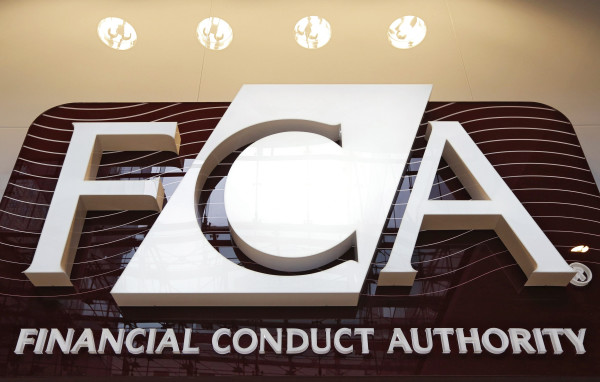

The Financial Conduct Authority (FCA) has vowed to clamp down on what it calls a rise in the number of scams associated with Discretionary Fund Management portfolios.
In its business plan for 2019/20, out today (April 17), the regulator stated it had come across wealth managers who failed to safeguard client funds in relation to pension scams.
To crack down on this it will use supervision and enforcement powers to intervene, while continuing its information campaign to alert consumers about the dangers.
It wrote: "We have seen evidence of an increase in wealth managers’ discretionary portfolios being used for pension scams, and poor conduct from wealth managers who make unsuitable investments in high risk assets for their clients.
"Our activities will improve our ability to prevent or reduce harm in this area."
The actions it will take include examining the levels of disclosure and quality of advice given to consumers.
Among other things DFMs played a role in the British Steel pension transfers saga, as a number of discretionary fund management firms were receiving assets from steelworker transfers.
The problem with pension transfers into a DFM is often that clients find it hard to reverse the process without paying a hefty exit fee.
The regulator is also set on cracking down on financial crime, such as money laundering.
The business plan stated: "We are using the data we receive from our annual financial crime return for firms, together with a range of data and intelligence, to allow us to monitor trends in financial crime.
"We are also strengthening our ability to use technology to target criminals. We will use more advanced data analytics and machine learning techniques against money launderers and other financial criminals."
Charles Randell, chairman of the FCA, said: "Technology is changing the way that financial firms do business and the way that consumers engage with their financial decisions.
"Technology change brings risks to the operational resilience of our financial system and to the accountability of firms for the effects of decisions taken by machines.
"It also brings risks to consumers who may be enabled to take decisions too quickly or with inadequate advice; may be exposed to more financial scams; or may struggle to participate in a technology-driven world.
"Technology change also brings risks to regulators, who may lag behind developments or lack skills and resources to match the changing risk landscape.
"But technology change can also bring opportunities for innovation, lower costs and greater participation which will benefit consumers."
david.thorpe@ft.com



